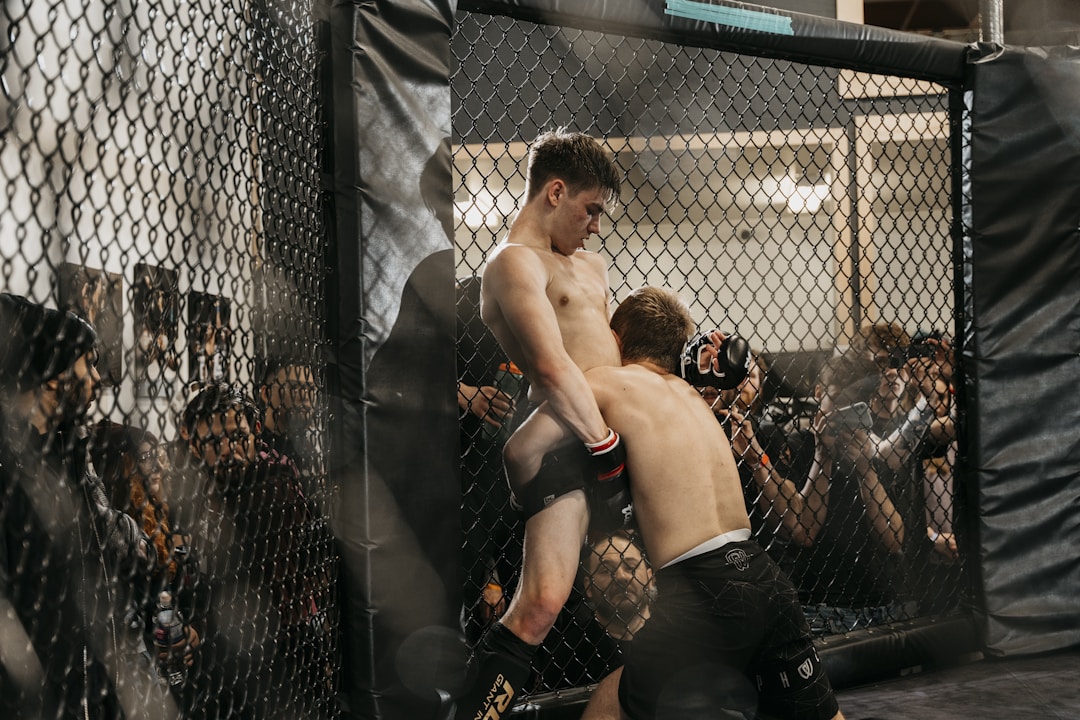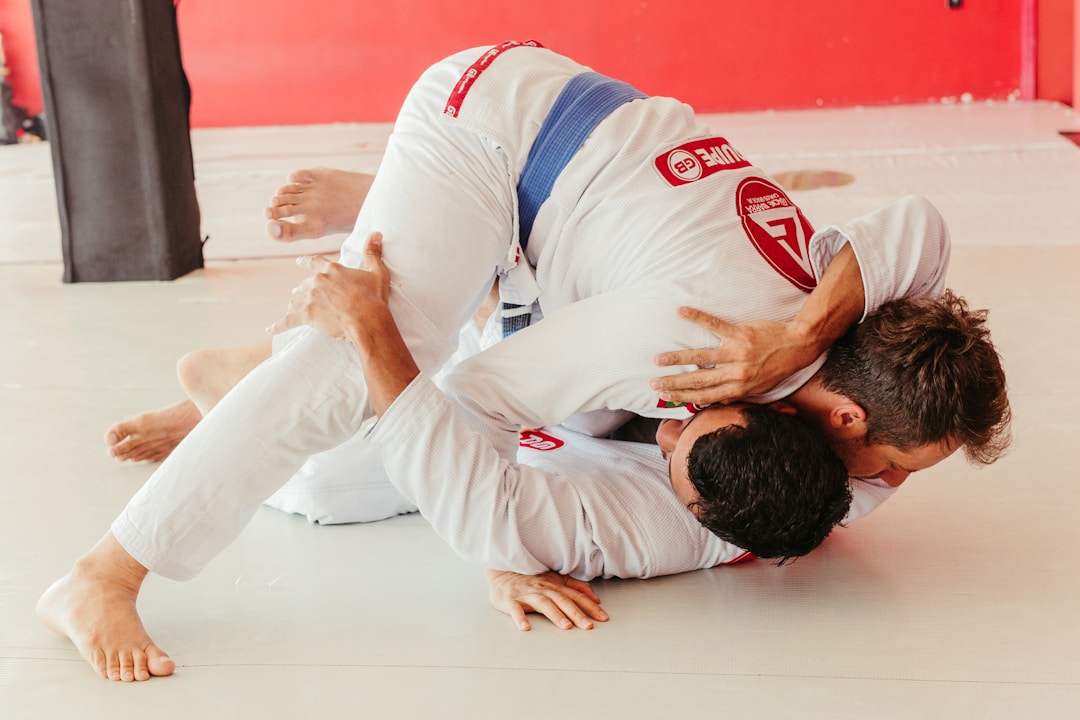Strategies To Compete Successfully in Jiu-Jitsu Tournaments
Competing in Jiu-Jitsu tournaments requires more than just mastering techniques; it involves a strategic approach tailored to the competitive environment. Athletes must understand the rules, prepare mentally and physically, develop a solid game plan, and engage in rigorous practice to stand atop the podium. Analyzing past matches also plays a crucial role in refining strategies and recognizing patterns. Below, we delve into the methodologies that can turn a competent practitioner into a formidable competitor in the dynamic world of Jiu-Jitsu tournaments.
Developing a Game Plan: Techniques and Transitions

Success on the mats often comes down to having a well-thought-out game plan. Athletes should assess their strengths and weaknesses, then craft a strategy that plays to their advantages. This means selecting a core set of techniques and positions that they feel confident executing under pressure.
Transitions between techniques are where many matches are won or lost. Smooth transitions enable a competitor to stay one step ahead, creating openings and capitalizing on opponents’ mistakes. Drilling transitions relentlessly leads to an instinctual ability to flow from one technique to another.
It’s not just about the moves you plan to execute, but also about anticipating the opponent’s reactions. By preparing counter strategies, an athlete can adapt on the fly, turning defensive situations into offensive opportunities. This level of preparation requires a deep understanding of Jiu-Jitsu’s chess-like nature.
When developing a game plan, it’s beneficial to simulate matches under tournament conditions. This practice solidifies strategy, builds mental fortitude, and helps with weight management. Joining a Jiu Jitsu gym in San Diego or any facility equipped to provide this experience can be a valuable investment in a competitor’s training regimen.
Avertisement
Understanding the Rule Set for Effective Competition Strategies
One of the foundational aspects of competing in Jiu-Jitsu is understanding the rule set of the tournament you’re entering. Each organization may have nuances in their rules that can affect your strategy, such as scoring points, legal submissions, and time limits. An athlete’s familiarity with these details can be the difference between victory and defeat.
When you comprehend the points system, it allows for strategic decisions on the mat. Will you play a top game to score takedowns, or will you work from the bottom with sweeps? Rule sets can influence these choices significantly. Training sessions must include scenarios that reflect the competition’s structure.
Disqualifications can be an athlete’s worst nightmare; thus, knowing what constitutes an illegal move is critical. Practitioners should not only focus on technical skills but the legal framework within which they are applied. Incorporating rule-specific drills into practice can cultivate an instinct for legally effective maneuvers.
Avertisement
Physical and Mental Preparation for Jiu-Jitsu Athletes
Physical preparedness is paramount when gearing up for a tournament. A well-structured conditioning program ensures that your body can withstand the rigors of multiple matches. Endurance training, strength exercises, and flexibility work all contribute to an athlete’s overall performance on the mat.
However, physical prowess is only part of the equation. Mental preparation is equally important. Athletes should work on developing a strong mental game to handle the pressures of competition. Techniques such as visualization, breathing exercises, and meditation can aid in maintaining focus and composure during matches.
Nutritional planning also factors into both physical and mental preparedness. Eating a balanced diet, staying hydrated, and having a meal strategy for the competition day can sustain energy levels and cognitive function. Consulting a nutritionist who understands the demands of the sport can be a valuable asset.
Avertisement
Importance of Drilling and Sparring in Tournament Readiness

Drilling is a crucial component of anyone’s training. It ingrains techniques into muscle memory, allowing for quick and accurate execution. High-repetition drilling ensures that movements become second nature, which is essential when responding to the dynamic situations of a match.
Sparring, or “rolling,” complements drilling by providing a live, resistant environment to test skills. It allows athletes to refine their game plans against varying styles and intensities. Regular sparring with different partners exposes an athlete to a wide spectrum of strategies and techniques.
However, it’s not just about quantity — the quality of sparring sessions is equally important. Training with higher-level practitioners challenges an athlete to rise to the occasion, while rolling with less experienced partners allows for technique experimentation and refinement. A balance of both pushes growth and confidence.
Altogether, excelling in tournaments is a multifaceted endeavor that combines a deep understanding of rules, rigorous physical and mental preparation, strategic game planning, and the wisdom gained from introspective analysis. With the right approach and mindset, Jiu-Jitsu athletes can enhance their skills and become champions within the art of human chess.




Responses